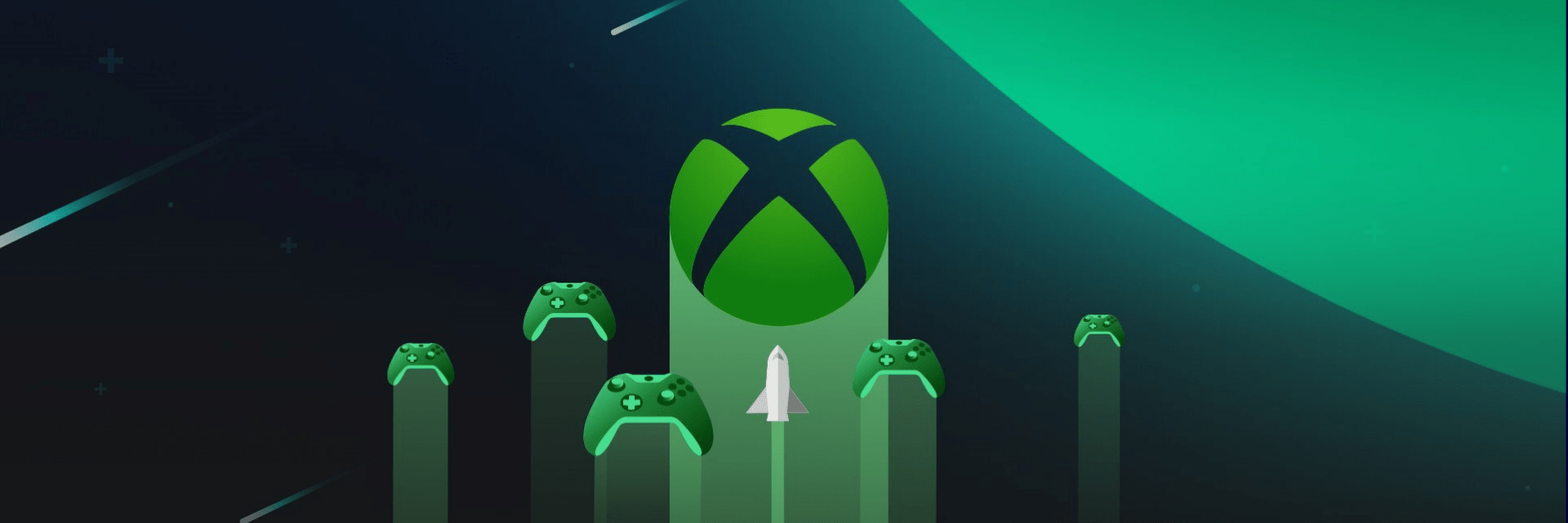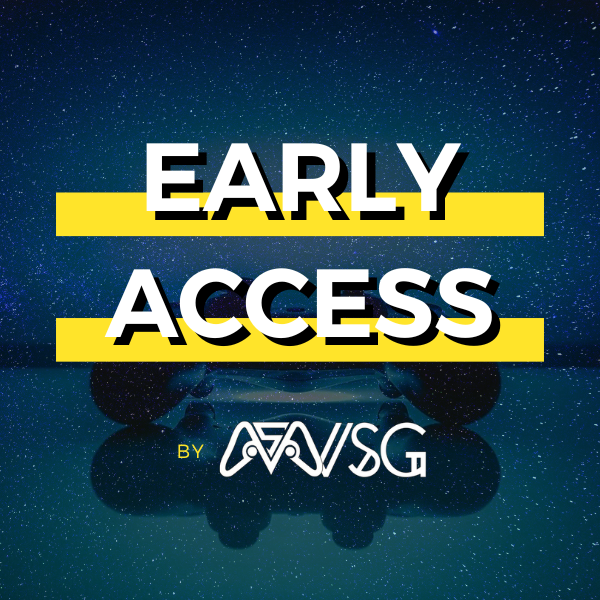As gamers, we crave an expansive universe of experiences, but console exclusives often create walled gardens, locking us out of enticing titles. There’s been a lot of recent chatter about a change in strategy from Microsoft, with rumors swirling that Team Green is looking to bring former console exclusives (like Starfield, Hi-Fi Rush, Sea of Thieves, and others) to rival consoles. But while I yearn for Starfield on PlayStation or God of War on Xbox, the reality is more complex.
Let’s delve into the power of exclusives, the rumors swirling around Xbox’s strategy shift, and why things might not stay the same forever.
Exclusives: The Power and the Price
There’s no denying the allure of exclusives. They define a console’s identity, driving sales and passionate fandoms. Look at Sony: PlayStation wouldn’t be the same without the emotional gut-punches of The Last of Us or the epic adventures of God of War. These titles aren’t just games; they’re cultural touchstones.
Nintendo, too, leverages exclusives brilliantly. The Switch is inferior to the Xbox or PlayStation in nearly every respect – the Switch, in fact, is barely more powerful than the Xbox 360 or PlayStation 4, and if rumors are true, the Switch 2 will continue that tradition, coming in as only slightly more powerful than last generations Xbox One and PlayStation 4. But despite lagging behind in raw power, the Switch remains a must-have device for Zelda and Mario devotees.
Even if you own other consoles, if you want to play Tears of the Kingdom or Mario Kart, you need to own a Nintendo Switch. There’s no other option.
Exclusives aren’t just about prestige, though. They’re big business. After watching from the sidelines (for years) as Sony built its exclusive arsenal, Microsoft recently spent upwards of $100 billion to bolster its first-party studios, demonstrating their commitment to righting the ship.
Xbox: A Rumored Shift of Strategy
Whispers abound that Xbox might be changing its tune. Could we see Starfield grace PlayStation consoles or Hi-Fi Rush light up Nintendo screens? Most of the internet seems to be convinced that this is happening.
While tempting, it’s crucial to approach these rumors with cautious optimism.
Unlike Sony and Nintendo, whose first-party titles are designed to sell more PlayStation’s and Switch’s, Xbox prioritizes services. Their Game Pass subscription, offering a library of titles for a monthly fee, stands in stark contrast to the traditional buy-to-play model. Microsoft, simply put, wants you to subscribe to Game Pass, regardless of whether that also entails buying an Xbox.
Why? Because subscriptions boast far better profit margins than hardware sales.
In addition to the fact that Microsoft dwarfs PlayStation or Nintendo from a valuation perspective, this difference in approach is a major reason why Xbox doesn’t view Sony or Nintendo as direct competitors. They see them, and specifically their fandoms, as potential customers for Game Pass.
If Microsoft does push its first-party games to rival consoles, then, expect to see a focused effort to bring Game Pass to those devices as well.
Pushback from Sony and Nintendo
It would make sense, then, for Xbox to want at least some of their first-party games on rival consoles. Those games are phenomenal advertisements for Game Pass – if you’re on PlayStation and are considering buying Starfield or The Elder Scrolls 6, why pay full price when you could play it for a fraction of the cost?
And that’s called customer acquisition. At that point, you’re in Microsoft’s ecosystem, and Microsoft is betting that, particularly with its bolstered first party studios, you’ll stay there. If Microsoft drops a few (2-4) first party Day One releases each year and a new Call of Duty in the fall, that bet could pay off.
Nintendo is in a unique position, where its inferior hardware actually plays to its advantage. While there are a handful of titles that would play well in the Switch ecosystem (Hi-Fi Rush is one of them, by the way), most AAA titles aren’t worth your money on Nintendo’s console. There’s no way that Starfield could ever run on the Nintendo Switch, and I’d be very surprised if it could even run on the Nintendo Switch 2 given its rumored specifications. Even if it were technically feasible, the thousands of hours of development time to optimize Microsoft’s AAA title’s for the Switch would (probably) not provide a sufficient return on investment.
But that’s not something Sony can stomach, because for PlayStation, that means a significant amount of lost revenue, not just from first party Xbox titles going forward, but also from potential third-party purchases that player might make within the PlayStation ecosystem. Game Pass is not limited to first-party games, major third-party releases (even on Day One) happen there all the time.
Sony, knowing this, will do everything in its power to block Game Pass from coming to PlayStation consoles. The only way around that would be an acrimonious, and lengthy, legal process between Sony and Microsoft. Think Apple vs Epic Games, but on an even grander scale.
Which brings up even more questions, because if Game Pass doesn’t come to PlayStation alongside Starfield or Hi-Fi Rush or Sea of Thieves, is it even worth it for Microsoft to make this change in the first place? Maybe, but maybe not.
The Future Unwritten
Will we see the walls of exclusivity crumble? That would certainly be my preference, but it’s difficult to say.
Microsoft could certainly lead the charge here, but if they do so, they would likely do so alone. Sony and Nintendo’s business models are built around exclusive content, making a sudden shift from them exceedingly unlikely.
One thing’s for sure: the battle for your wallet continues.
As gamers, we can voice our preferences, support developers we cherish, and hope that accessibility and choice ultimately prevail. The future of gaming is unwritten, and our collective voice can help shape it.
UPDATE:
At 3:11 PM ET on Feb 5, Xbox boss Phil Spencer wrote on Twitter: “We’re listening and we hear you. We’ve been planning a business update event for next week, where we look forward to sharing more details with you about our vision for the future of Xbox. Stay tuned.”





